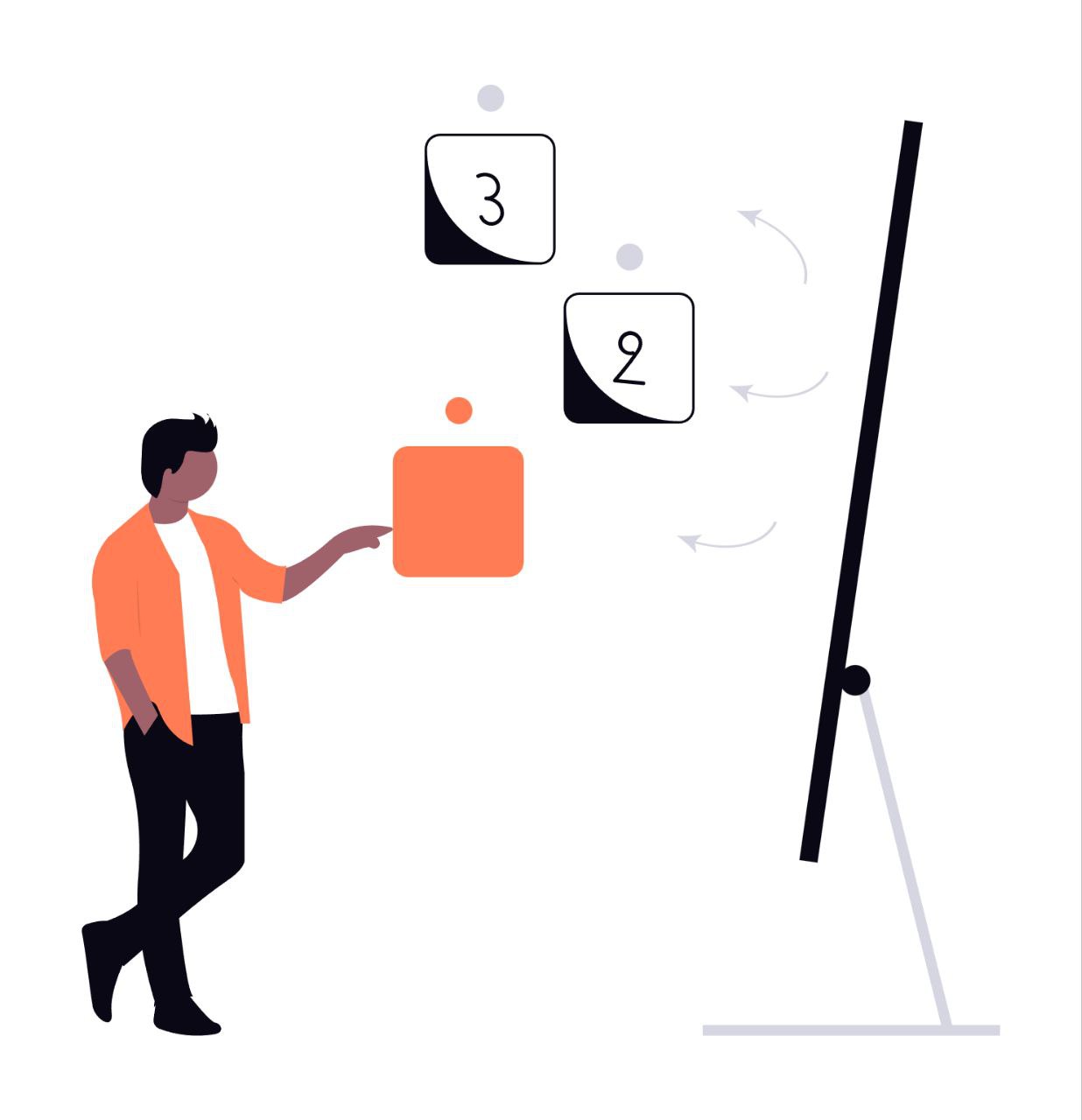Conversation Starters for IELTS Beginners: Mastering English Fluency
The IELTS speaking test can be daunting, but with the right preparation, you can achieve a high score. One crucial aspect is mastering the art of conversation. This guide provides effective conversation starters for beginners, helping you build fluency and confidence.
Why Conversation Starters Matter in IELTS
The IELTS speaking test assesses your ability to communicate effectively in English. It's not just about grammar and vocabulary; it's about demonstrating fluency, coherence, and your ability to engage in natural conversation. Using strong conversation starters can help you achieve this by:
- Providing a smooth transition into the topic.
- Demonstrating a wide range of vocabulary and grammatical structures.
- Giving you time to think and organize your thoughts.
- Showing your ability to express your opinions and ideas clearly.
Effective Conversation Starters for Part 1
Part 1 of the IELTS speaking test involves answering personal questions. Here are some conversation starters that can help you build a strong foundation:
- Instead of: "I like my job." Try: "I find my job very rewarding because..." (Expands on your answer)
- Instead of: "I live in a city." Try: "I live in a bustling city known for its..." (Adds descriptive detail)
- Instead of: "I enjoy reading." Try: "I'm currently reading a fascinating book about..." (Shows engagement and interest)
- Instead of: "I have many friends." Try: "I have a close-knit group of friends who..." (Provides more context)
Conversation Starters for Part 2 (Individual Long Turn)
Part 2 requires you to speak for 1-2 minutes on a given topic. A strong opening statement is key:
- Start with a clear statement: "The topic I've chosen to discuss is..."
- Give a brief overview: "I'll be talking about three key aspects of this topic: ..."
- Use engaging language: Instead of saying "It was interesting," try "I found it incredibly fascinating because..."
Example: "The topic I've chosen to discuss is my favorite hobby, which is photography. I'll be talking about why I enjoy it, the challenges I've faced, and how it's helped me grow as a person. I find it incredibly rewarding because it allows me to capture moments in time..."
Conversation Starters for Part 3 (Discussion)
Part 3 involves a more abstract discussion. Here's how to initiate conversations thoughtfully:
- Express your opinion: "In my opinion, ..." or "I strongly believe that..."
- Ask clarifying questions: "Could you elaborate on that?" or "I'm curious to know your thoughts on..."
- Use transition words: "However," "Furthermore," "In addition," "On the other hand" help create a structured discussion.
- Provide examples: Use real-life examples to support your points.
Practicing Your Conversation Starters
Practice is crucial! Record yourself speaking, analyze your performance, and identify areas for improvement. Practice with a friend or tutor, focusing on fluency and natural conversation. Use a variety of conversation starters to build your confidence and expand your vocabulary. Regular practice will significantly improve your IELTS speaking score. Remember to focus on clear pronunciation and pacing.
Common Mistakes to Avoid
Avoid using simple, one-word answers. Expand on your responses, providing context and detail. Don't memorize answers; focus on understanding the questions and responding naturally. Practice using a range of tenses and vocabulary to demonstrate your English proficiency.
Conclusion
Mastering the art of conversation is essential for achieving a high score in the IELTS speaking test. By using these conversation starters and practicing regularly, you can build your fluency, confidence, and overall communication skills. Remember, the key is to practice consistently and to focus on communicating your ideas clearly and effectively. Good luck with your IELTS preparation!


